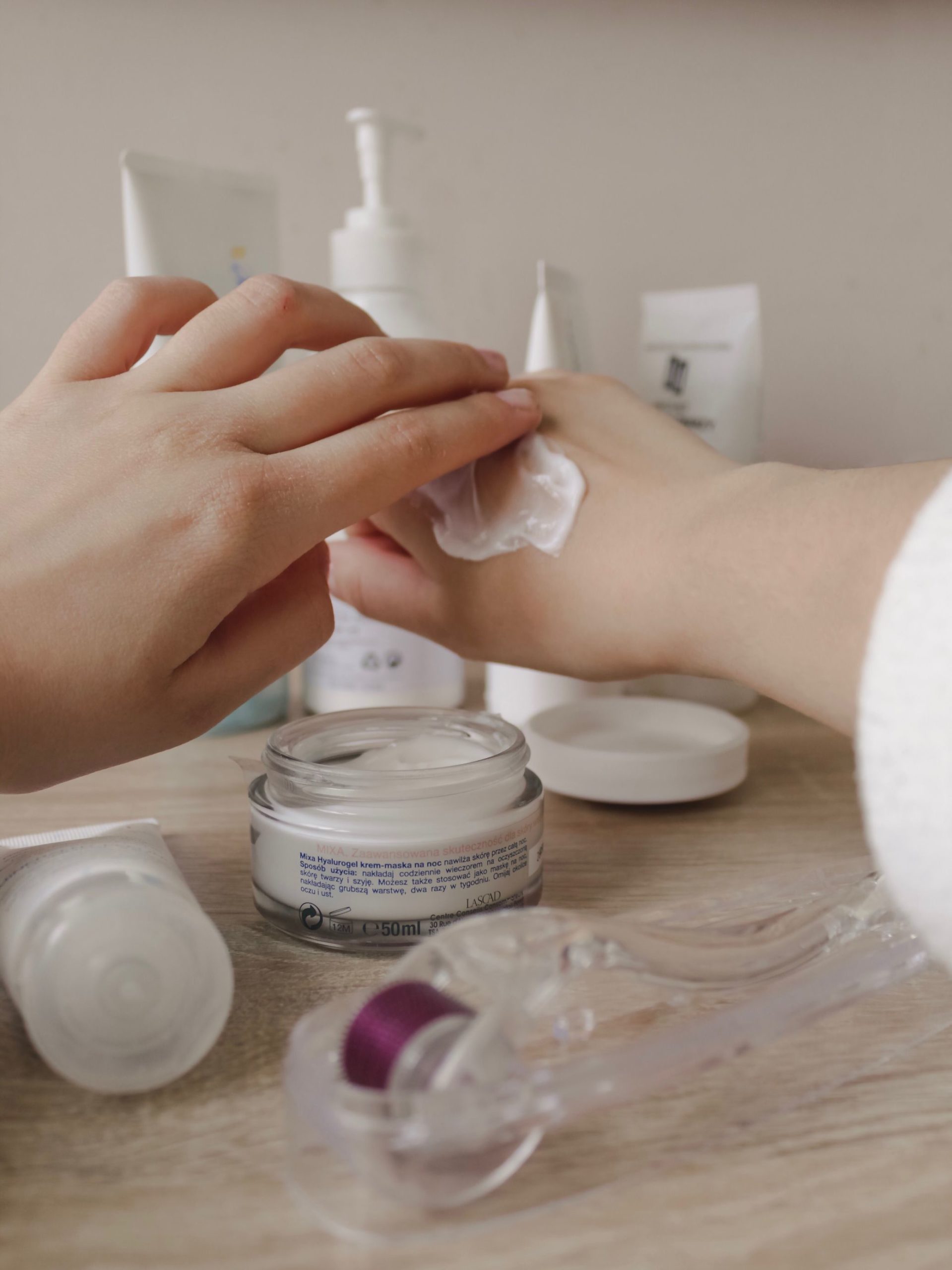Did you know that stomach acid is absolutely crucial for your body to absorb nutrients and have proper digestion? Well it’s true, though it’s often overlooked. HCl (hydrochloric acid) is extremely important for healthy digestion and is produced in your stomach. There are a range of reasons why your HCl production may be low or sub-optimal. Low or sub-optimal levels of HCl are referred to as hypochlorhydria.
Some of the primary reasons for hypochlorhydria include age (many people over 60 have hypochlorhydria), use of acid blocking medications, chronic bacterial infections, and autoimmune gastritis (stomach inflammation). Many of us don’t know that we have hypochlorhydria, including myself before I took the test, along with many of my patients.
Without enough stomach acid, you can’t digest protein and absorb minerals and certain vitamins like B12. You are also at increased risk for food poisoning and other infections. When your body can’t absorb nutrients properly, this can lead to skin issues, which we’ll discuss below.
Common symptoms of hypochlorhydria:
- Bloating, belching, burning and excessive gas immediately after meals
- Acne, eczema, psoriasis, rosacea, perioral dermatitis and other skin conditions that cause inflammation especially on the face
- A sense of fullness even with even smaller meals, or some people experience hunger after eating a small or normal meal
- Indigestion, diarrhea or constipation
- Weak, peeling and cracked fingernails
- Dry skin
- Dry scalp
- Iron deficiency
- Chronic intestinal parasites and dysbiosis (abnormal gut flora)
- Undigested food in the stool
- Chronic yeast infections
Low stomach acid can lead to health problems including:
- Depression and anxiety
- Faster aging
- Stomach cancer
- Gallbladder disease
- Osteoporosis
- Autoimmune disease
You can determine if you need HCl by a simple home test, called the bicarb test. Instructions:
Don’t eat anything after 8PM. When you wake up in the morning and before you eat or drink anything, mix ¼ tsp of baking soda in ½ cup of water. Don’t chug it or drink too fast as this can cause burping. Set a timer for three minutes. If you have sufficient levels of stomach acid, the baking soda will be converted into carbon dioxide gas, which should cause belching within less than 5 minutes. If you have not belched within 5 minutes, stop timing.
If you have enough stomach acid, you’ll have a hearty burp within the first 2-3 minutes. If ‘normal’ belching doesn’t occur until after 3 minutes, stomach acid is low. When I took this test myself, I didn’t burp for five minutes! I had other patients who didn’t burp for forty minutes or even the rest of the day.
So now what?
- Take this Betaine HCL with Pepsin supplement before every meal. You should feel a burning sensation the first few times you try it.
- Take more time to slowly eat and chew your food
- Eliminate processed foods from your diet
- Eat fermented vegetables (pickled ginger, sauerkraut, kimchi, and pickles)
- Avoid flouride (like in your toothpaste)
- Dilute a tablespoon of apple cider vinegar in water and drink it 5 minutes before meals
- Contact me if you think you have skin issues related to low stomach acid. In addition to these steps, we can also use lasers or other skin treatments to help speed up the skin healing process.

Low stomach acid can cause many issues, including skin issues like acne, eczema, perioral dermatitis and more.






